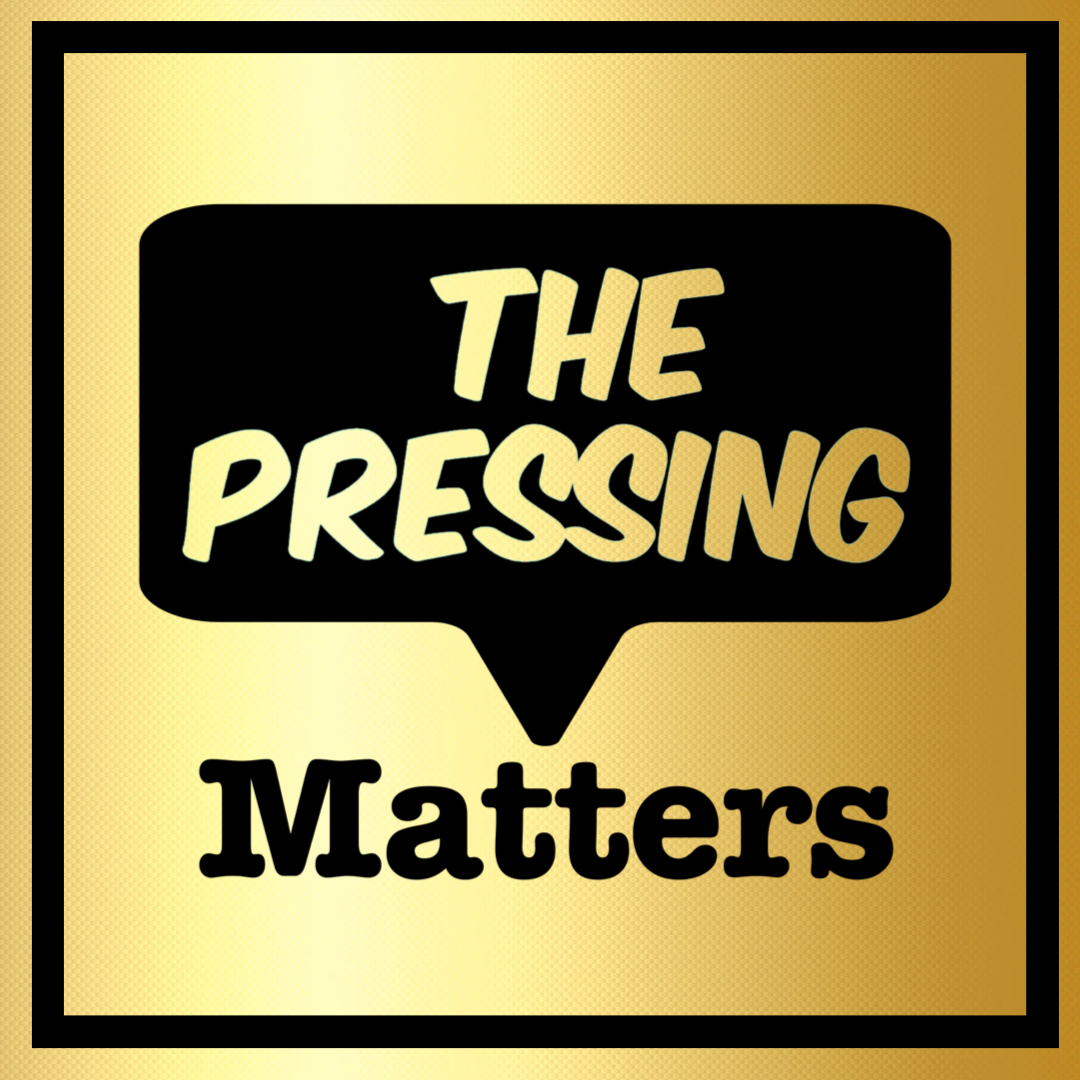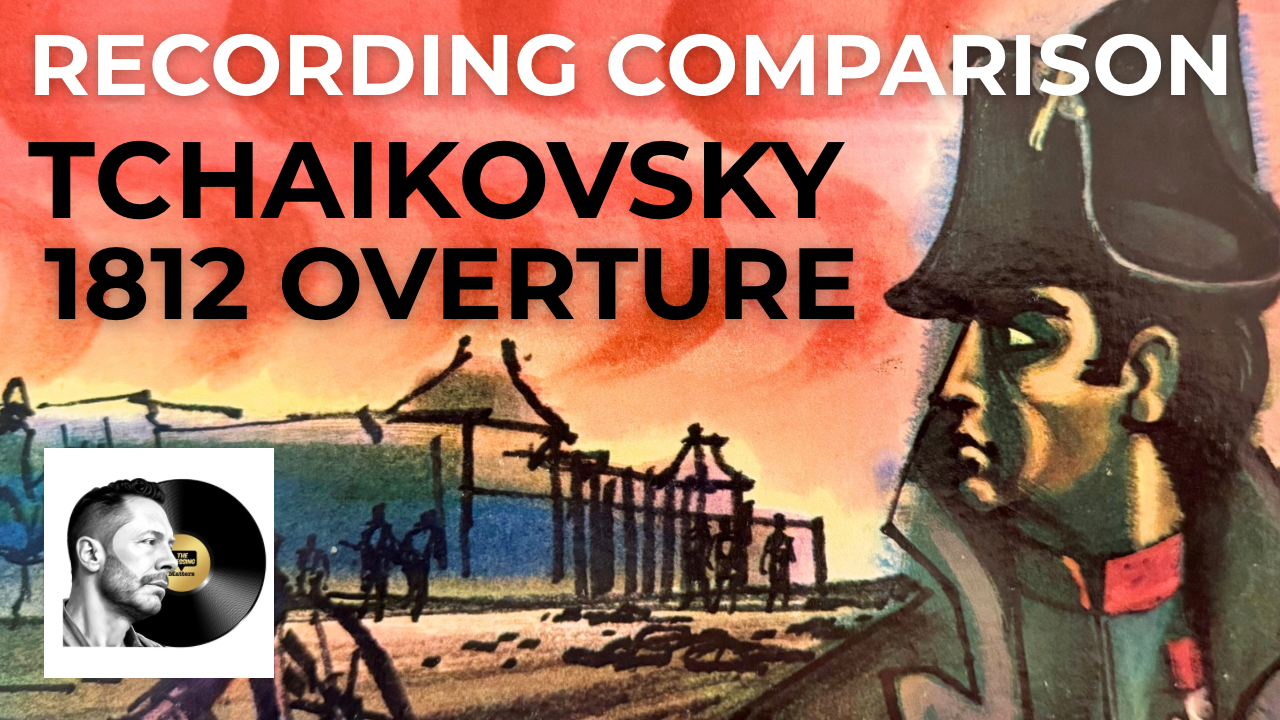The Best Recordings of Tchaikovsky's 1812 Overture: A Vinyl Collector's Deep Dive
Today I'm doing something a little different: comparing not just different pressings of the same record, but different performances and recordings of the same piece—Tchaikovsky's beloved 1812 Overture. I have six versions in my collection and thought it would be fun, and hopefully informative, to see which one stands out both musically and sonically.
About the 1812 Overture Written in 1880 to commemorate Russia's defense against Napoleon, the 1812 Overture is more than just a patriotic piece—it's a sonic spectacle. The original score calls for cannon fire and church bells, making it one of the most famous "hi-fi spectaculars" of the stereo era. But beyond the pyrotechnics, it's a work rich in musicality and color, especially when well-performed and well-recorded.
The Six Versions
1. Morton Gould - RCA Living Stereo
This version was RCA's "Stereo Spectacular" answer to Mercury's success with their cannon-and-bells-laden version. The playing here is pedestrian, the recording sounds artificial, and even the much-hyped cannons sound muted. While it's a fun historical artifact, musically and sonically, it's a miss. Verdict: Skip unless you're a collector.
2. Fritz Reiner - RCA Living Stereo
Fritz Reiner's version with the Chicago Symphony is better played and more naturally recorded but omits the cannons and bells entirely. It's rare in original pressing (LSC 2241) but has been reissued by Analog Productions. While it boasts lush strings and strong dynamics, it's somewhat uneven and not Reiner's finest moment. Verdict: Solid, but not essential.
3. Antal Dorati - Mercury Living Presence
The benchmark recording for many. This Mercury Living Presence version with the Minneapolis Symphony is legendary not just for its explosive sound but also for the fascinating lengths Mercury engineers went to—authentic cannons at West Point, real carillon bells from Riverside Church. The record includes a narrated history on Side B. It's thrilling, historic, and musically engaging. The only downside is that copies can be noisy and hissy. Verdict: Must-own for collectors and audiophiles alike.
4. Erich Kunzel - Telarc Digital
A landmark digital recording with the Cincinnati Symphony that became famous for its cannon groove that could—and sometimes did—damage equipment. Cut by Stan Ricker, this LP has a stunning modern sound but lacks the warmth of the analog greats. It's a technical marvel but musically a bit clinical. Verdict: Fascinating but not the most emotionally engaging.
5. Kenneth Alwyn - Decca / Stereo Treasury
This Decca recording with the London Symphony Orchestra is a sleeper hit. Excellent playing, polished sound, and pressed beautifully on quiet vinyl. Often overlooked due to Alwyn's lesser-known name, it's a bargain gem that deserves more recognition. Verdict: Highly recommended, especially for sound quality.
6. Alexander Gibson - Reader's Digest / Festival of Light Classical Music
A surprise favorite. Conducted by Alexander Gibson, recorded by Kenneth Wilkinson—this is a fantastic performance with stunning sound. Part of the underrated Reader's Digest "Festival of Light Classical Music" box set, it features all the bells and cannons but with remarkable balance and warmth. Verdict: Sleeper choice; outstanding value.
My Favorites:
If I had to choose:
Best Overall: Mercury Living Presence (Dorati) — for its historical importance, thrilling performance, and sheer impact.
Best Sound: A tie between Kenneth Alwyn (Decca) and Alexander Gibson (Reader's Digest)—both feature top-notch sonics and very musical performances.
Most Collectible Curiosity: Telarc Digital (Kunzel)—a technical showcase for both sound and groove-cutting.
The two I could easily live without: Morton Gould's RCA Stereo Spectacular and, to a lesser extent, Reiner's more reserved RCA recording.
Collecting multiple versions of the same piece may seem obsessive to some, but as vinyl lovers know, every pressing, every performance, and every mastering tells a slightly different story. I hope this guide helps you in your own quest for the perfect 1812 Overture. Happy listening!


